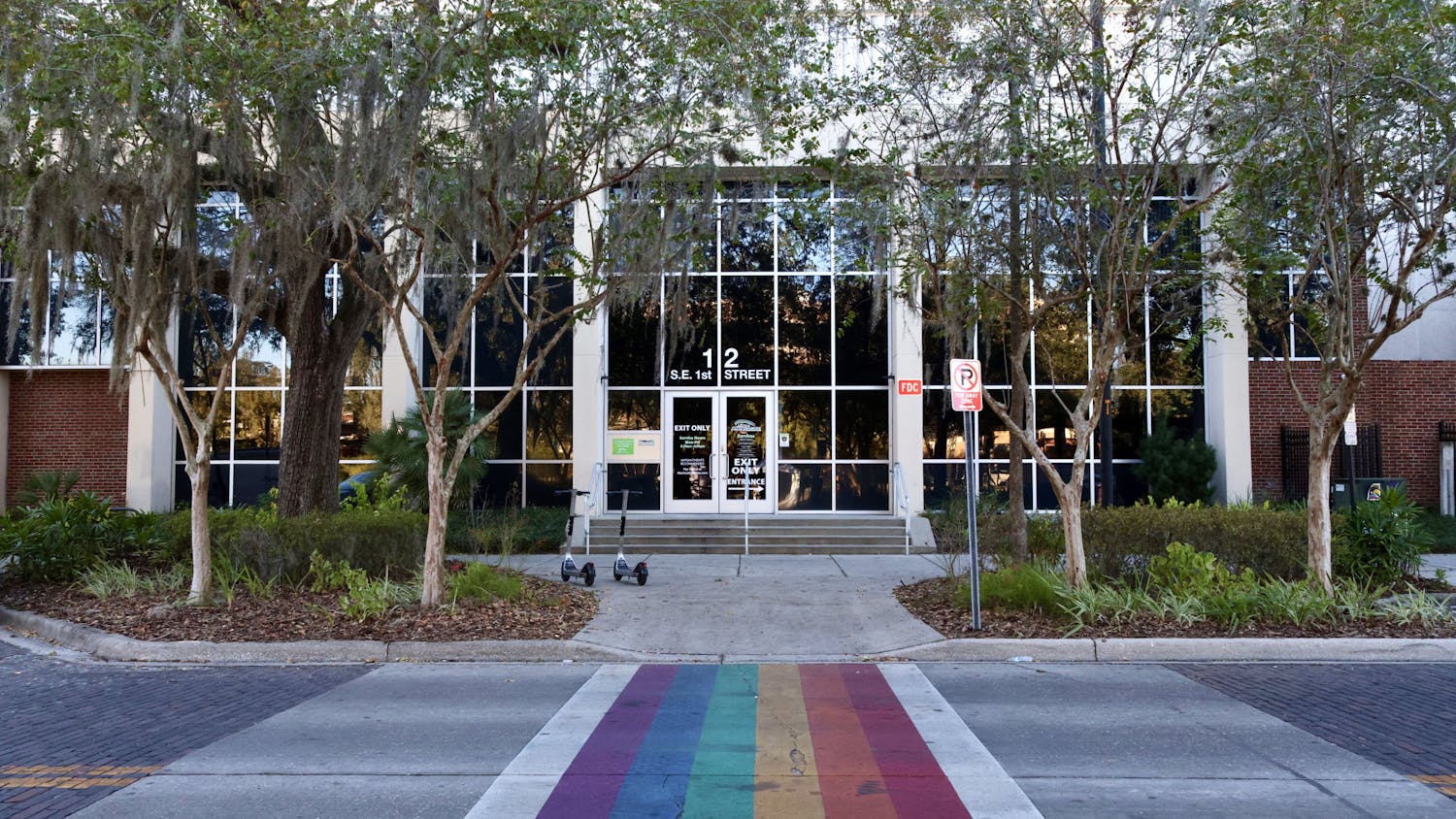Houses of worship in the United States — from churches and temples to mosques and synagogues — are considered tax-exempt entities by the federal government. This week, the writer behind Slate’s financial blog, Matthew Yglesias, argued that exempting churches from taxes is counterproductive.
“There’s simply no good reason to be giving large tax subsidies to the Church of Scientology or the Diocese of San Diego or Temple Rodef Shalom in Virginia or the John Wesley African Methodist Episcopal Zion church around the corner from me,” Yglesias wrote. “Whichever faith you think is the one true faith, it’s undeniable that the majority of this church-spending is going to support false doctrines.”
According to Steve Benen, a contributor to Rachel Maddow’s MSNBC blog, researchers at the University of Tampa set out to quantify exactly how much money could be gained from taxing churches. Their estimate came to $71 billion.
“When people donate to religious groups, it’s tax-deductible,” Washington Post reporter Dylan Matthews wrote. “Churches don’t pay property taxes on their land or buildings. When they buy stuff, they don’t pay sales taxes. When they sell stuff at a profit, they don’t pay capital gains tax. If they spend less than they take in, they don’t pay corporate income taxes.”
With $71 billion at stake, and given our current financial climate (and the looming threat of additional cuts as a result of the sequester), reversing churches’ tax-exempt statuses makes sense, right?
Not exactly. The federal government isn’t simply doing houses of worship a favor by waiving property, sales, capital gains and corporate income taxes. Houses of worship are considered to be charitable institutions without profit-making goals, and thus don’t deserve taxation.
In Gainesville, for example, First United Methodist Church has lent its facilities to Helping Hands clinic, a medical home for the homeless.
In 1970, the Supreme Court ruled in the Walz vs. Tax Commission of the City of New York that tax exemption for churches “creates only a minimal and remote involvement between church and state and far less than taxation of churches. [An exemption] restricts the fiscal relationship between church and state, and tends to complement and reinforce the desired separation insulating each from the other.”
The power to tax, the Supreme Court stated, involves the power to destroy.
Churches, temples, synagogues and mosques need that tax-exempt status to ensure a healthy separation between church and state. Imposing taxes on houses of worship would diminish the constitutional right to free exercise of religion.
In addition, churches are struggling just as much as everyone else in the recession.
The Washington Post reported last year that although membership has remained consistent, contributions have dropped by $1.2 billion — money that could have been spent providing aid for the homeless and hungry by small community churches such as First United Methodist in Gainesville.
A version of this editorial ran on page 6 on 8/26/2013 under the headline "An eye for an eye: Should churches be taxed?"





